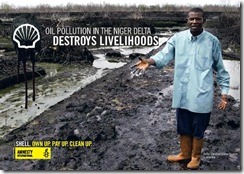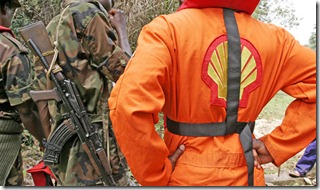 It has been hectic week in Burmese politics. Whilst Daw Aung San Suu Kyi’s debut in parliament was a cause for celebration, things elsewhere were far more ominous: the government locked up student activists ahead of a key anniversary for the democracy movement, armed conflict dragged on in Kachin state and police brutally cracked down on Muslim Rohingyas in a brazenly sectarian response to the communal violence blighting Arakan.
It has been hectic week in Burmese politics. Whilst Daw Aung San Suu Kyi’s debut in parliament was a cause for celebration, things elsewhere were far more ominous: the government locked up student activists ahead of a key anniversary for the democracy movement, armed conflict dragged on in Kachin state and police brutally cracked down on Muslim Rohingyas in a brazenly sectarian response to the communal violence blighting Arakan.
In amidst all of this, a British trade delegation slipped in with surprisingly little media coverage.
British businesses had been explicitly prohibited from seeking deals in Burma during the commercial tour of Asia led by David Cameron in April (a welcome move not matched by his promotion of trade with the Yudhoyono regime in Indonesia.) Back then he was in Burma for only one reason – to help the nation down the reformist path on which it has so tentatively begun.
That is not to say of course, that foreign investment in Burma is necessarily a bad thing per se. Ms Suu Kyi herself has welcomed the suspension of sanctions, which have helped encourage President Thein Sein to continue his program of liberalisation process, and have arguably strengthened his hand against hardliners in the government. However, she has also stressed in no uncertain terms that any investment should be cautious and ethical, particularly when it comes to the energy sector.
That is hardly surprising: for more than a decade Total and Chevron have tapped into Burma’s oil and gas fields whilst bankrolling the regime, devastating the environment and generating a litany of human rights abuses including reports of brutal acts by the soldiers drafted in to guard their assets, and the use of forced labour on their pipelines.
Further maverick investment by big oil right now would be seriously irresponsible and could significantly damage Burma at a critical crossroads in the democratisation process. And that is exactly why Royal Dutch Shell’s presence in this week’s trade delegation is so concerning.
 It has been more than sixteen years since Shell’s complicity in the execution of Nigerian environmentalist and human rights activist Ken Saro-Wiwa, yet after all this time the company continues to perpetuate environmental degradation and human rights abuses in the Niger Delta, whilst consistently meddling in Nigerian politics. Back in April, Amnesty International called the company to account after it emerged that officials had lied about the impact of a devastating seventy-two day oil spill, which Shell waited some ten weeks before even beginning to clear up. Tens of thousands may be affected through the pollution and contamination of their water and land.
It has been more than sixteen years since Shell’s complicity in the execution of Nigerian environmentalist and human rights activist Ken Saro-Wiwa, yet after all this time the company continues to perpetuate environmental degradation and human rights abuses in the Niger Delta, whilst consistently meddling in Nigerian politics. Back in April, Amnesty International called the company to account after it emerged that officials had lied about the impact of a devastating seventy-two day oil spill, which Shell waited some ten weeks before even beginning to clear up. Tens of thousands may be affected through the pollution and contamination of their water and land.
Such irresponsible practices in the pursuit of profit would go largely unchecked in Burma whilst the rule of law remains week, corruption remains rife and military proxies remain in ultimate control. The last thing Burma needs right now is for Shell to start filling government coffers whilst trashing the nation’s fragile environment and undermining the human rights of local people. Yet ever since there was even a hint of sanctions being relaxed, the company has been chomping at the bit to dive in.
Investment can be a hugely positive force for stability and development, but Burma’s government is nowhere near conclusively proving its intention nor its capacity to establish a transparent rights-based framework. Neither has Shell proved its corporate responsibility or the prioritisation of people over short-term financial gain. Until these things happen it must stay away.




No comments:
Post a Comment